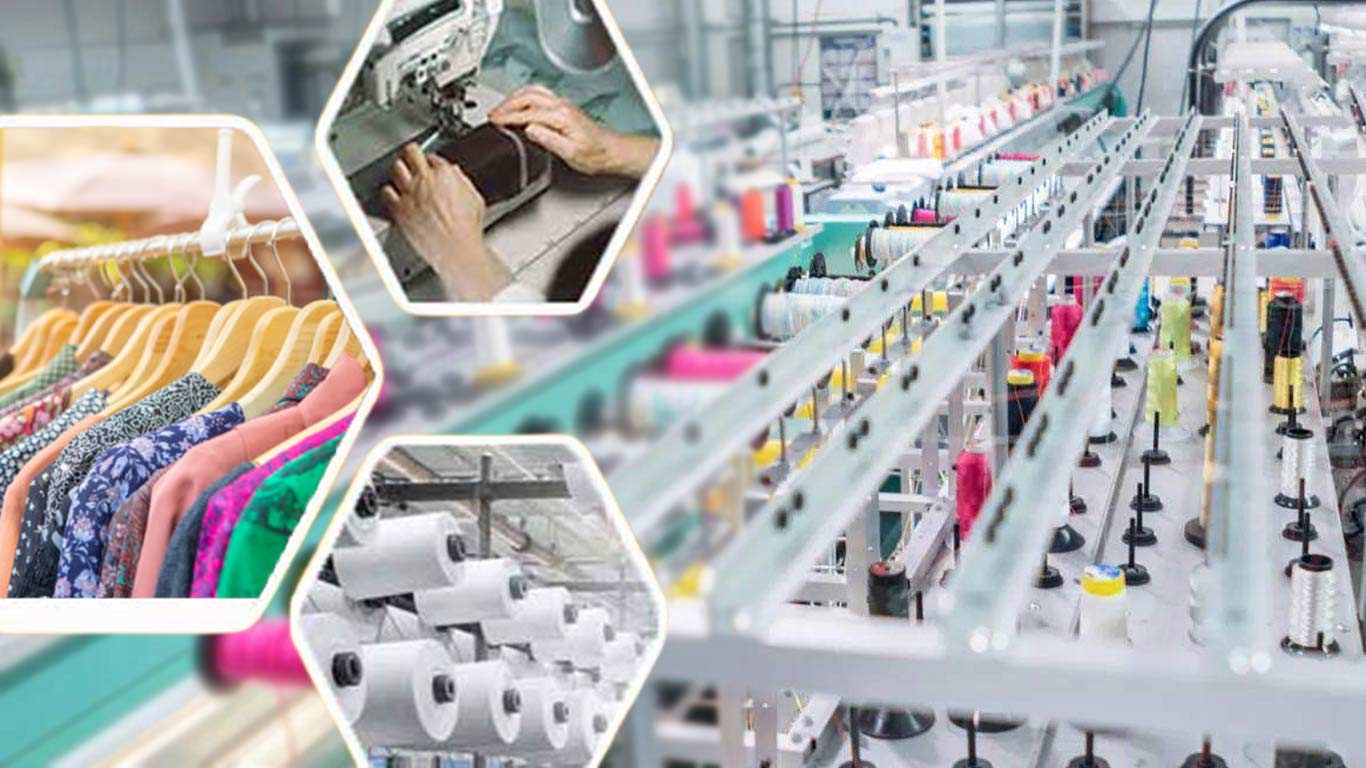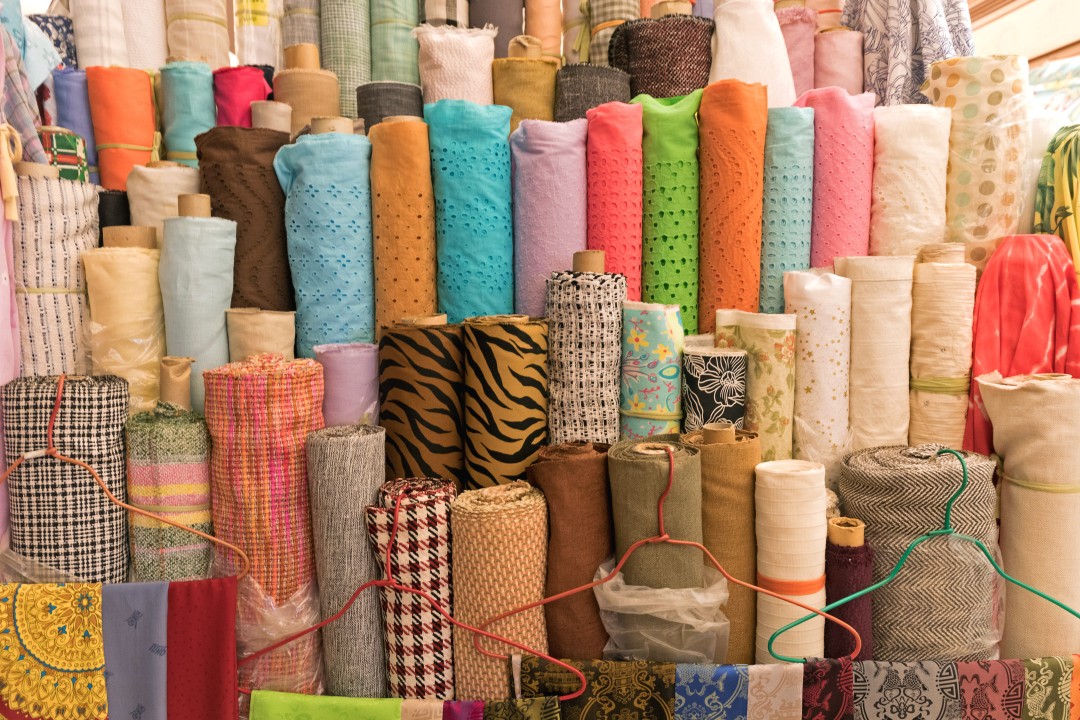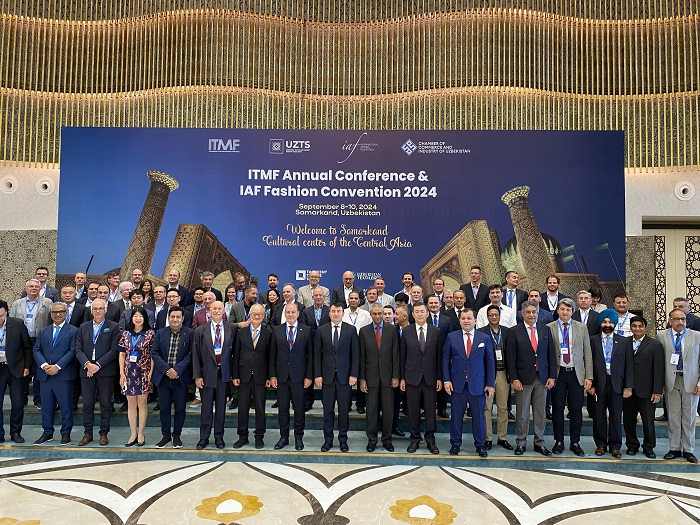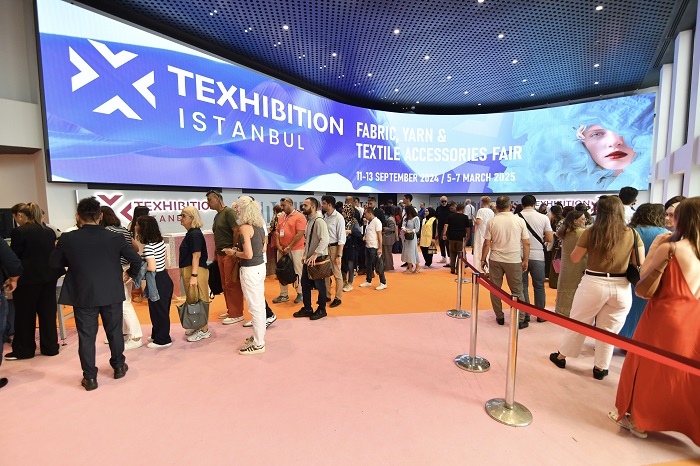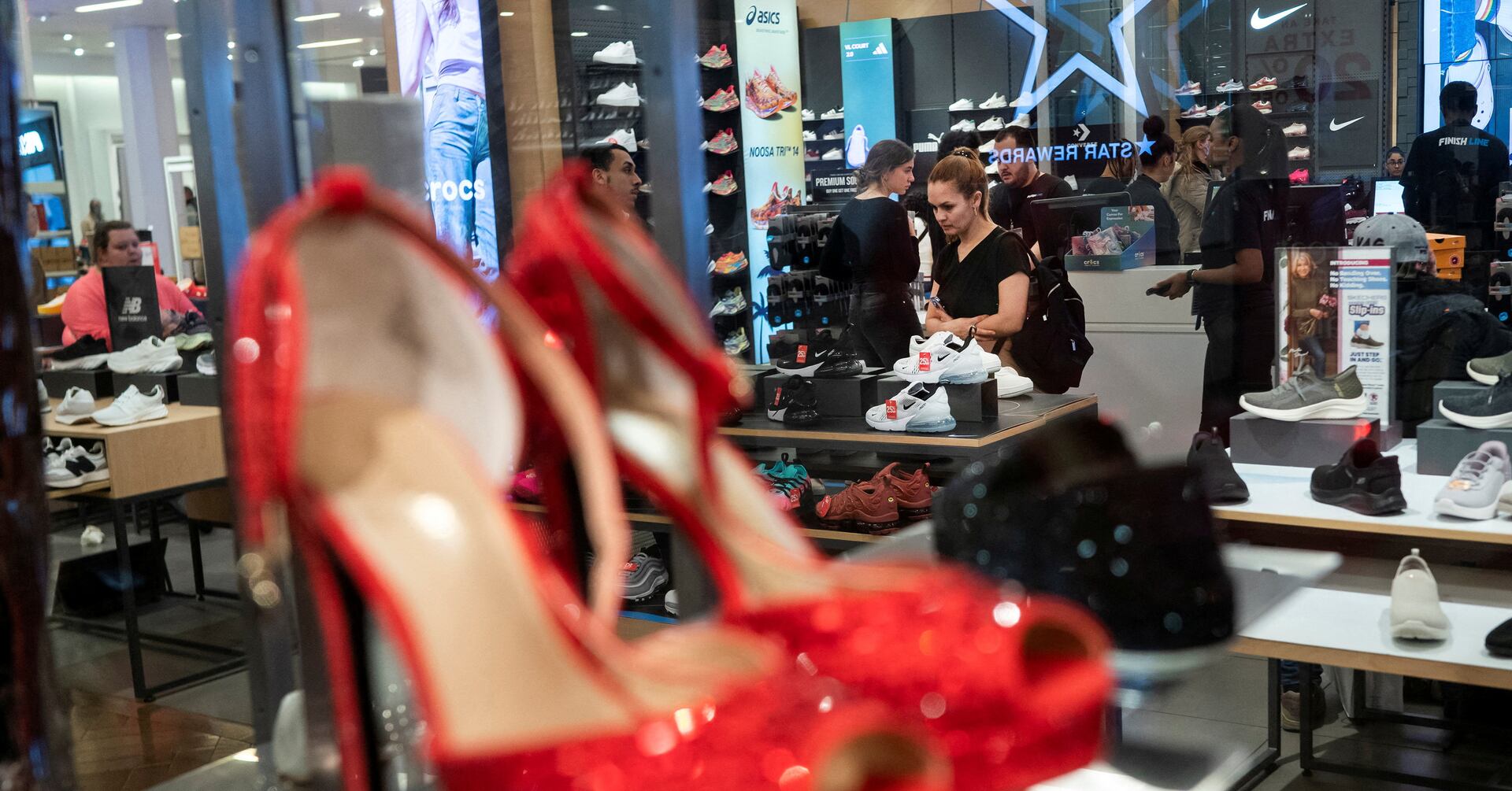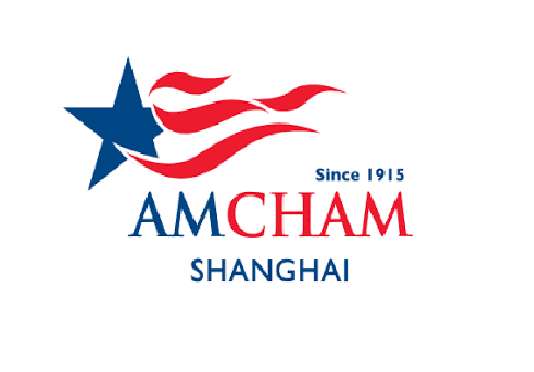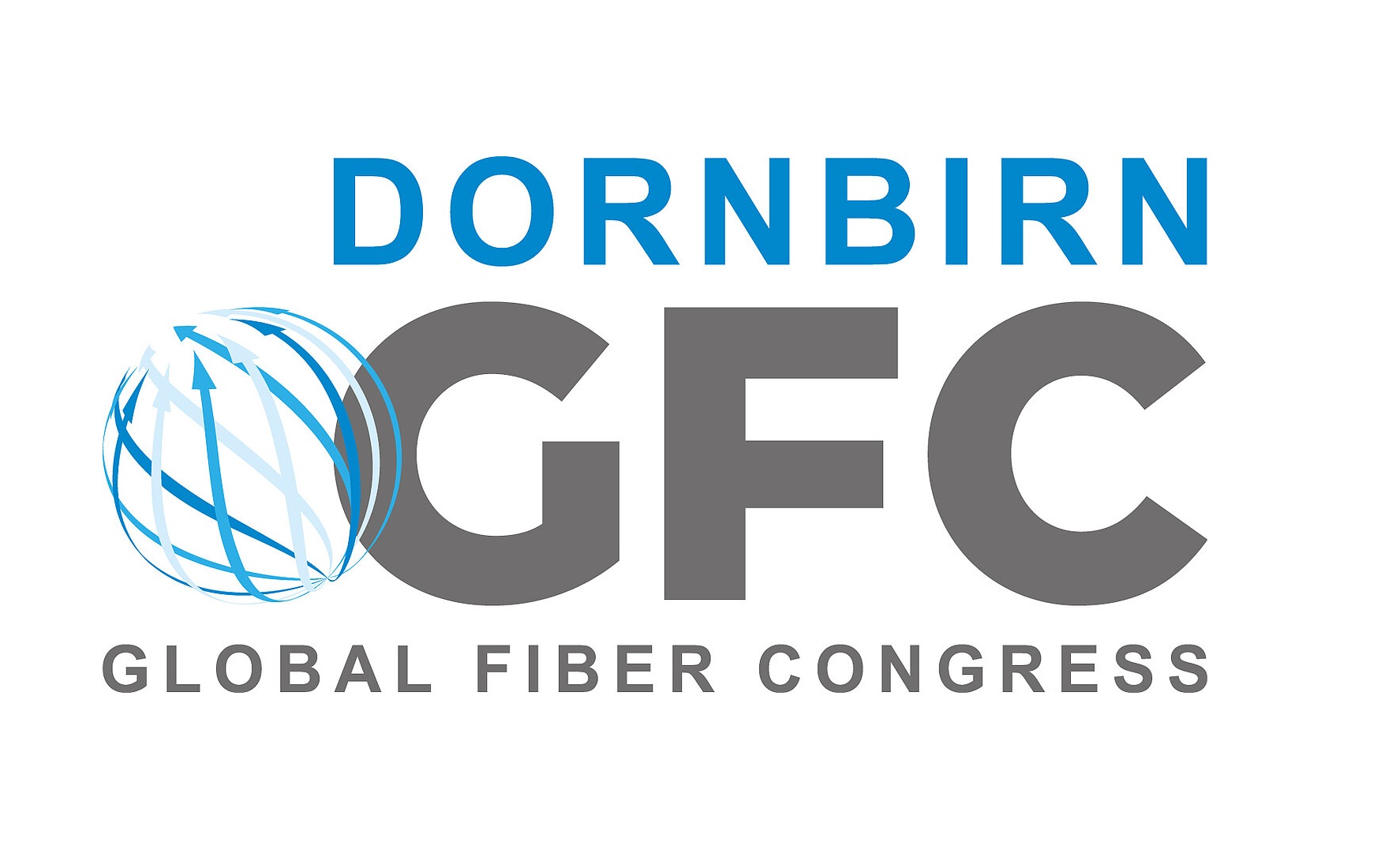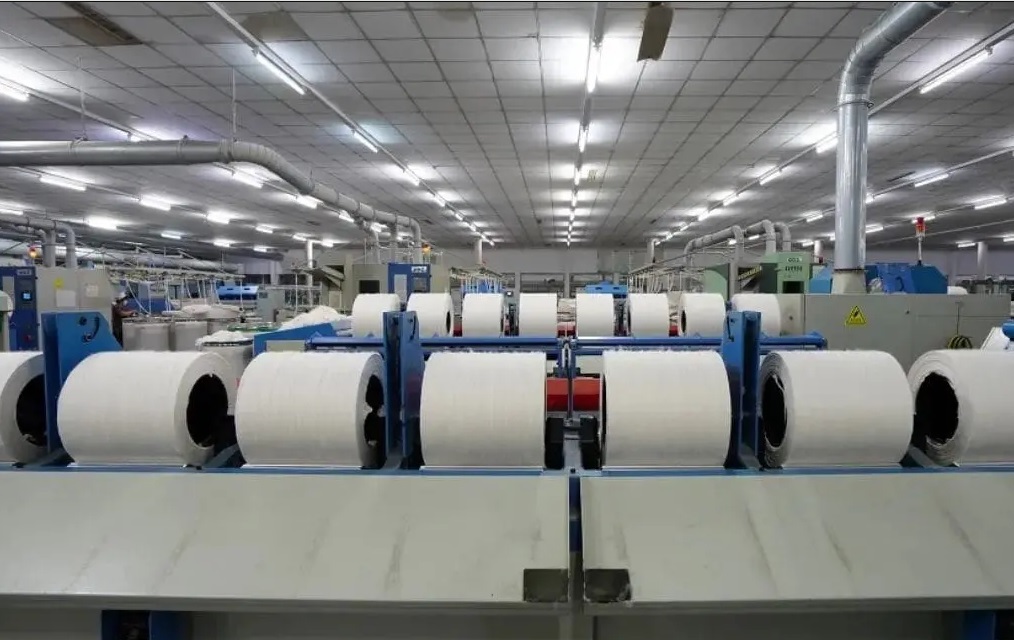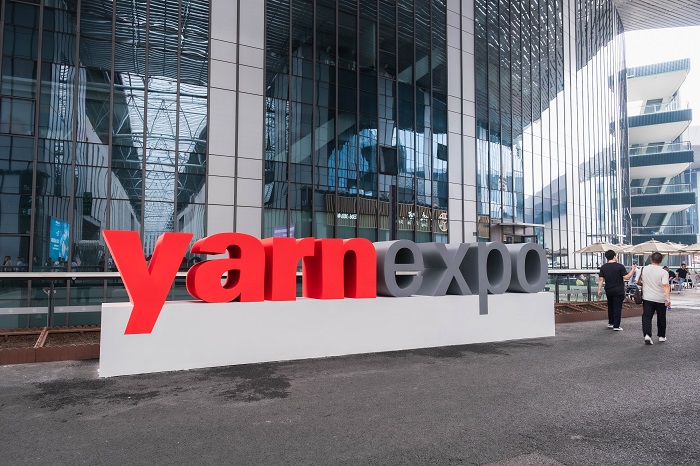FW
In collaboration with a coalition of its member companies, American Circular Textiles (ACT)has launched a nationwide petition to eliminate double taxation on second-hand goods, repairs, and alterations. This initiative is a significant move to raise awareness about the unfair financial burden placed on consumers who choose sustainable and affordable shopping alternatives.
Currently, many states across the US impose sales tax on second-hand items, including clothing, shoes, and accessories. This practice results in double taxation, as consumers are taxed both at the initial point of sale and again when these items are resold. Critics argue that this policy discourages eco-friendly shopping habits and stifles the growth of the second-hand market, repair options, and the broader circular economy, according to a press release from ACT.
An estimated 85 per cent of used clothing ends up in landfills or incinerators, much of which could be resold or repurposed. By taxing second-hand items, states inadvertently contribute to this waste problem, hindering efforts to promote sustainable consumption.
Several of ACT's prominent members and affiliates are participating in this campaign, including America's Best Cleaners, Arrive Recommerce Inc, Fashionphile, Project Repat, Sortile, ThredUp, Vestiaire Collective, and unspun.
Consumers’ monthly expenditure on apparel and footwear has surged by a staggering 72 per cent since January 2020, leading more shoppers to turn to second-hand options. Ending double taxation will stimulate economic growth and support the trend of purchasing well-made clothing that can be reused and repaired, rather than discarded into growing piles of apparel waste,says Rachel Kibbe, CEO and Founder, ACT.
“Eliminating double taxation on second-hand goods not only fuels the circular economy but also empowers consumers to make sustainable choices. It's a clear win for the future of fashion and for taxpayers who want to do the right thing," adds AlonRotem, Chief Legal Officer, ThredUp.
Pakistan’s textile and apparel (T&A) industry is facing significant challenges in competing with regional rivals due to stringent taxation measures introduced this fiscal year, reports WealthPK.
As per data from the Pakistan Bureau of Statistics (PBS), T&A exports by Pakistan declined 3.09 per cent in July 2024. Once the cornerstone of the country’s export economy, the sector has been severely impacted by new tax policies and rising energy costs.
Despite an installed capacity valued at $25 billion, T&A exports from Pakistan have stagnated over the past two years. Exporters attribute this stagnation to structural issues within the industry. In absolute terms, exports fell to $1.27 billion in July, down from $1.31 billion in the same month last year, marking a month-on-month decline of 10.13 per cent.
This drop continues a trend of negative growth, including a 0.93 per cent decrease in June, despite a significant rebound in May when the sector experienced double-digit growth. However, the textile industry continues to struggle, largely due to unfavorable government policies.
A closer look at PBS data reveals mixed results across various textile sub-sectors. For instance, RMG exports rose by 7.57 per cent in value and 8.47 per cent in quantity, while knitwear exports declined by 1.88 per cent in value and 6.37 per cent in quantity.
Bedwear exports saw a 1.20 per cent decline in value but a 4.07 per cent increase in volume. Towel exports dropped by 3.67 per cent in value and 2 per cent in volume, and cotton cloth exports fell by 0.56 per cent in value and 4.72 per cent in volume.
Yarn exports suffered a sharp decline of 42.54 per cent in July compared to the same period last year. Conversely, exports of tents, canvas, and tarpaulins increased by 14.22 per cent, and other textile items saw a significant 53.20 per cent rise, indicating a shift in export composition.
On the other hand, imports of synthetic fibersfell by 33.23 per cent, while synthetic silk yarn imports decreased by 17.68 per cent. Imports of second-hand clothing rose by 13.47 per cent.
Gimatex Industries Pvt. Ltd., a prominent Indian textile company, has deepened its collaboration with Trutzschler, a German textile machinery manufacturer, a relationship that started in 2006.
Gimatex, known for its high standards in quality and sustainability, operates fully integrated facilities in Hinganghat and a state-of-the-art fabric processing unit in Dholka. This long-term partnership has led to numerous successful projects, with the latest being a focus on turning textile waste into valuable ring yarn using Trutzschler’s Integrated Draw Frame (IDF) technology.
The IDF technology is central to Gimatex's operations, enabling the production of high-quality yarn from diverse raw materials, including 100 per cent cotton, polyester, recycled fibers, and blends. Traditionally used for rotor and vortex spinning, Gimatex has pioneered a new process to produce traditional and recycled ring yarn using IDF, particularly for coarser varieties like Ne 10s and Ne 16s, often blended with spandex.
VineetMohota, Director at Gimatex, highlighted the benefits of this collaboration, emphasizing how IDF technology helps reduce costs and boost productivity without compromising quality. The direct spinning process eliminates the need for multiple draw frame passages, leading to energy savings and increased output.
Gimatex’s ongoing innovation, supported by Trutzschler's expert teams, is a testament to their strong partnership. As the Indian market evolves, both companies are committed to adapting and continuing their shared success.
KhandakerRafiqul Islam, Senior Vice President, BGMEA has been appointed as the new president of the Bangladesh Garment Manufacturers Association (BGMEA). He will replace SM Mannan Kochi, Past President, who resigned from his position citing personal reasons.
Additionally, Abdullah HilRakib, Vice-President has been named as the new senior vice-president, while Asif Ashraf, Director will take over as vice-president.
Rafiqul Islam is currently engaged as the managing director of the Designtex Group while Rakib leads Team Group as its managing director, and Ashraf is the managing director of Urmi Group.
Kochi will continue to remain as a director on the association’s board. Kochi and his panel took charge at the BGMEA's 41st Annual General Meeting (AGM) for the 2024-2026 term on April 6 this year, after winning all 35 directorship posts in the BGMEA biennial election held on March 9. However, on Aug 12, a group of BGMEA members demanded the resignation of Kochi and his board, accusing them of controversial actions during the recent students' quota reforms movement.
The members also criticised the BGMEA's failure to provide adequate support to its members who faced operational challenges during the turmoil following the change in government.
InamulHaq Khan Bablu, Former Director, BGMEA, alleged. Kochi's board assumed power through vote rigging and a fraudulent voter list. He also implicated Salam Murshedy, Member of Parliament, Awami League, SiddiqurRahman, Secretary, Industry and Commerce Affairs and MdAtiqul Islam, Former Mayor, -Dhaka North City Corporation in the alleged vote manipulation.
In an innovative and bold move, Nike has partnered with Lego to introduce an innovation sportswear collection that would be designed to inspire creativity and self-expression. The collection will blend Lego’s iconic playfulness with Nike’s cutting-edge performance wear,
The partnership leverages the strengths of both brands. It merges Lego’s imaginative building blocks with Nike’s relentless focus on sport and performance. Set to feature vibrant, playful designs embodying Lego’s distinctive aesthetic, the collection will offer athletes and fans a fresh way to showcase their personal style.
For sports professionals, sponsors, and brand managers, Nike’s initiative highlights a strategic shift toward experiential and lifestyle branding, particularly when targeting creativity-driven Gen Z consumers. By incorporating Lego’s elements into its designs and brand experiences, Nike does not aim to just launch products, but create an immersive brand journey that seamlessly blends fun, creativity, and high performance.
This collaboration showcases how strategic alliances can diversify a brand’s portfolio and reach new audiences, reinforcing Nike’s position as a leader in both the sportswear and lifestyle markets.
Apparel brand Bossini International narrowed its H1, FY25 net loss to HK$52 million ($6.7 million) despite the company’s revenue declining by 11.2 per cent to HK$265.1 million due to an economic slowdown.
This improvement in the company’s performance was attributed to its strategic cost control measures and the closure of underperforming stores in mainland China.
During the period, Bossini’s revenue from mainland China declined by 34 per cent to HK$49 million, reflecting the impact of the company's decision to close loss-making stores in the regions. Revenues in Hong Kong and Macau decreased by 3 per cent to HK$188 million, indicating a more stable but still challenging market environment. Meanwhile, Singapore's revenue also dipped by 7 per cent to HK$28 million, continuing the downward trend observed across its key markets.
At the end of the reporting period, Bossini International operated 427 stores as against 519 stores operated at the same time the previous year. This reduction in store count underscores the company's focus on optimising its retail footprint by shutting down non-performing locations, particularly in mainland China, to curb losses and improve overall profitability.
Amid these challenges, Bossini International is directing its efforts towards rebranding its core brand, Bossini X. The rebranding strategy encompasses several key areas: redefining brand positioning to better align with current market trends, expanding and refining product categories, adjusting pricing systems to be more competitive, and diversifying sales channels to reach a broader customer base. These initiatives are aimed at revitalising the brand and positioning it for future growth, even in a challenging economic environment.
Freudenberg Performance Materials Apparel (Freudenberg Apparel) will showcase its sustainable interlinings, canvas, thermal insulations, and linings from the House of Sustainability at Apparel Sourcing Week 2024.
To be held from Aug 28-29 in Bengaluru, the Apparel Sourcing Week highlights the dynamic apparel sourcing landscape in India.
To be located at booth B10, Freudenberg Apparel will unveil its latest innovations in shirt interlining technology with the RCY 99xx series, offering a range of weights from 30 g/sq m to 155 g/sq m. Crafted for modern fabrics that preserve the natural hand feel, texture, and shape, this series adds a creative dimension to shirt designs. Additionally, the RCY 39xx series, with weights ranging from 70 g/sq m to 167 g/ sq m, will offer a cotton-like hand feel, comparable to traditional cotton interlinings. Made with recycled PET (rPET), it ensures durability and low-temperature fusing without visible impurities.
In the fashion segment, Freudenberg will present the MTW series of bi-elastic twill interlinings, known for their strong bond, resilience, and excellent shape retention even after multiple washes. These features make them ideal for washable jackets, enhancing garment durability and longevity. The GBE series will also be showcased for its superior bonding and elasticity, making it perfect for hydro-expansion fabrics like CV and spandex, with up to 30 per cent stretch adaptability.
Freudenberg Apparel will also display a comprehensive range of interlinings from its Active Range, tailored for active sportswear. Highlights include rTPE base content interlinings, available in weights from 40-90 g/sq m, suitable for fabrics used in leggings, sports bras, and casual wear.
Additionally, the company will present film bonding solutions for seamless applications in bras, briefs, and tees, emphasising strong shear bonds that eliminate the need for stitching. In the outdoor sportswear segment, Freudenberg will showcase a variety of sustainable thermal insulations and linings, including rPET, biodegradable thermal insulations, and rPET linings, underscoring the company’s commitment to sustainability.
Freudenberg Apparel's participation in Apparel Sourcing Week 2024 reflects its strong commitment to the Indian market and the rapidly growing apparel manufacturing sector in South Asia. With 26 years of successful operations in India, the company is expanding its production capabilities to better meet customer demands.
The global silk market is projected to grow at approximately 9.24 per cent CAGR from 2024-28, as per a report by Technavio. During this period, the value of this market is likely to expand by 5.00 billion, as per the report.
This growth will be primarily driven by the increasing demand for silk in the textile industry, alongside a rising trend in research and development focused on spider silk. However, challenges such as health hazards associated with silkworm rearing pose obstacles to the market's expansion.
Known for its exceptional strength, resilience, and flexibility, Spider silk has become a focal point of intensive research due to its remarkable toughness. In this regard, KraigBiocraft Laboratories has secured the exclusive rights to patented genetic sequences for silk proteins. These advancements hold the potential for creating ballistic-resistant materials that are lighter, thinner, and more flexible than steel. As research activities in spider silk advance, the global silk market is expected to experience significant growth, with spider silk's unique properties making it an ideal material for life-saving applications across various industries.
The silk industry is also seeing a surge in trends, with sundresses being a popular choice among fashion-forward consumers. Driven by the demand for sericulture by-products like dipeptides and tripeptides, Silk production continues to expand.
These products are being increasingly used in the pharmaceutical, nutraceutical, and cosmetics industries. Besides, the silk protein market is also growing, with applications spanning textiles, surgical sutures, and personal care products.
India's domestic textile market is projected to grow to $350 billion by 2030 while textile exports are poised to reach $65 billion by FY26, according to a report by Invest India.
Valued at approximately $165 billion in 2022, the domestic textile market is expected to expand at a CAGR of 10 per cent by the end of the decade.
Beyond textiles, India has become the second-largest global manufacturer of personal protective equipment (PPE). With over 600 certified PPE-producing companies, the country is well-positioned in a market that is expected to surpass $92.5 billion by 2025 growing from $52.7 billion in 2019.
The textile industry also provides direct jobs to 45 million people and supporting an additional 100 million in related sectors. Cotton cultivation alone sustains around 6 million farmers and engages 40-50 million individuals in processing and trade.
Several factors contribute to the sector's growth, including India's advanced infrastructure, a focus on technical textiles driven by demand from industries like automotive, healthcare, and construction, and the availability of raw materials and skilled labor. Competitive manufacturing costs and a burgeoning retail landscape, including the rise of e-commerce, further enhance the sector's appeal.
To boost this growth, the Indian government has launched the Production Linked Incentive (PLI) Scheme, allocating Rs 10,683 crore to scale up the production of man-made fiber (MMF) apparel, MMF fabrics, and technical textiles. Under the PLI scheme, 64 applications have been approved, with a proposed investment of Rs 19,798 crore, an expected turnover of Rs 1,93,926 crore, and projected employment for 2,45,362 individuals. Significant investments are planned in states such as Madhya Pradesh, Uttar Pradesh, and Rajasthan.
Foreign Direct Investment (FDI) in the textile sector remains strong, with 100 per cent FDI permitted under the automatic route. From April 2000 to March 2024, India attracted $4.47 billion in FDI in textiles, including dyed and printed fabrics.
India's textile sector is vast and varied, with the country being the second-largest producer of cotton and jute globally, as well as the second-largest producer of silk. Notably, India accounts for 95 per cent of the world's hand-woven fabric, highlighting its unique position in the global textile industry.
Citing insufficient progress in sustainability and human rights by brands like H&M, Zara and Asics, sustainability-focused asset manager, ASN Impact Investors has divested all its holdings in clothing companies. This move makes ASN the first Dutch investor to exit the fashion industry.
Driven by competition with fast-fashion giants like Shein and Temu, the fashion industry is caught in a cycle of relentless consumerism, says San Lie, Director, ASN. These companies are an obstacle to sustainability as they produce even faster than traditional brands, he explains.
The fashion industry is one of the world’s most polluting, with significant contributions to greenhouse gas emissions and environmental degradation. Polyester, a key material in fast fashion, exacerbates the microplastic pollution problem by releasing tiny plastic particles during washing.
Exemplified by brands like Shein and Temu, superfast fashion has also disrupted the market for second-hand clothing in the Netherlands with about 55 per cent of the roughly 1 billion clothing items discarded annually by Dutch residents ending up in incinerators, he adds. .
Given the industry's and consumers' apparent unwillingness or inability to change, government intervention is necessary, opines Lie.

